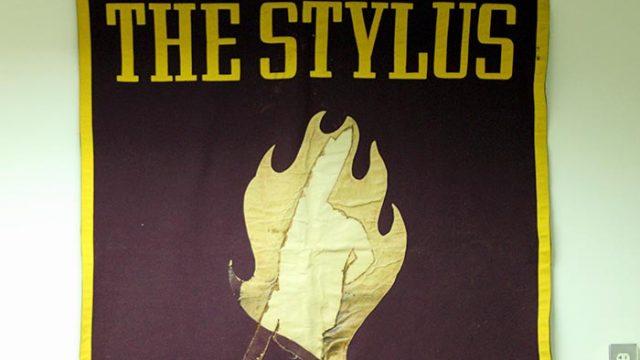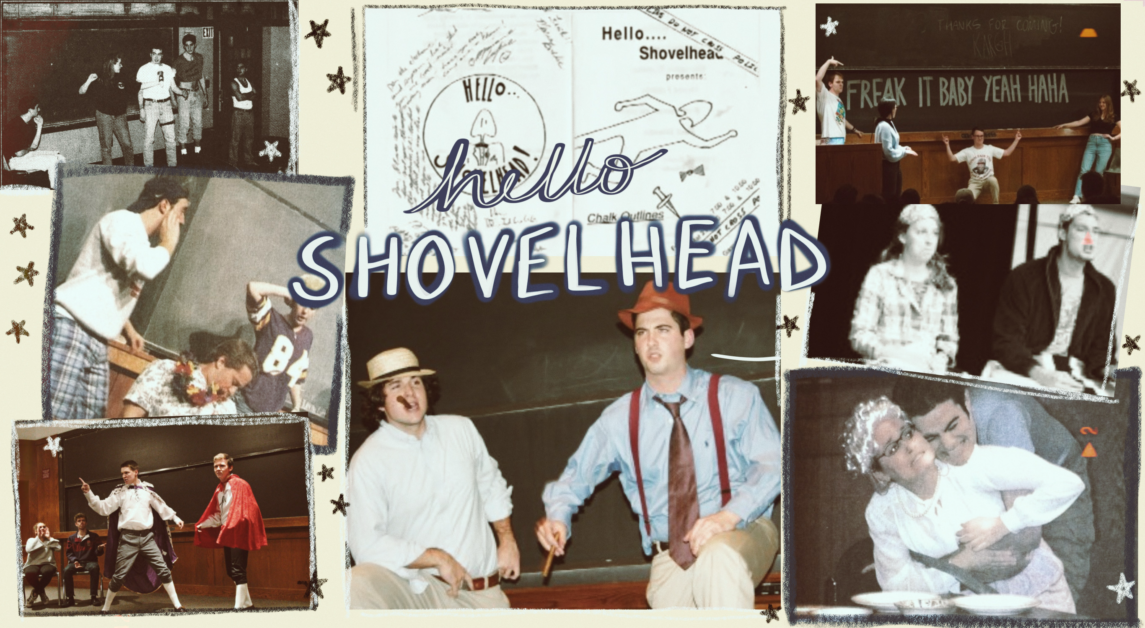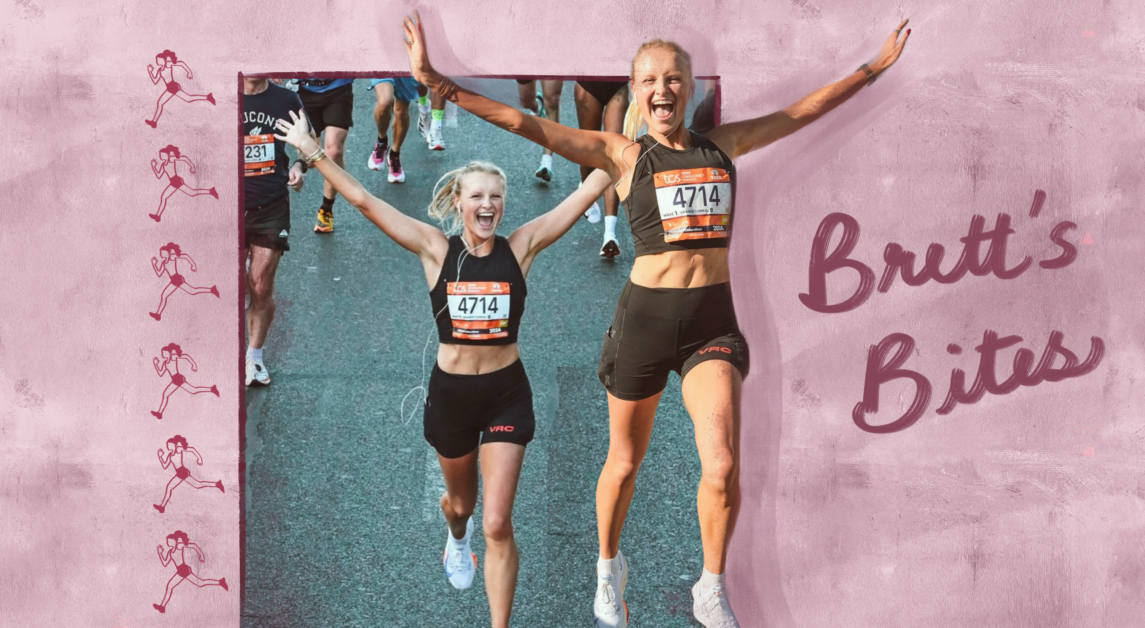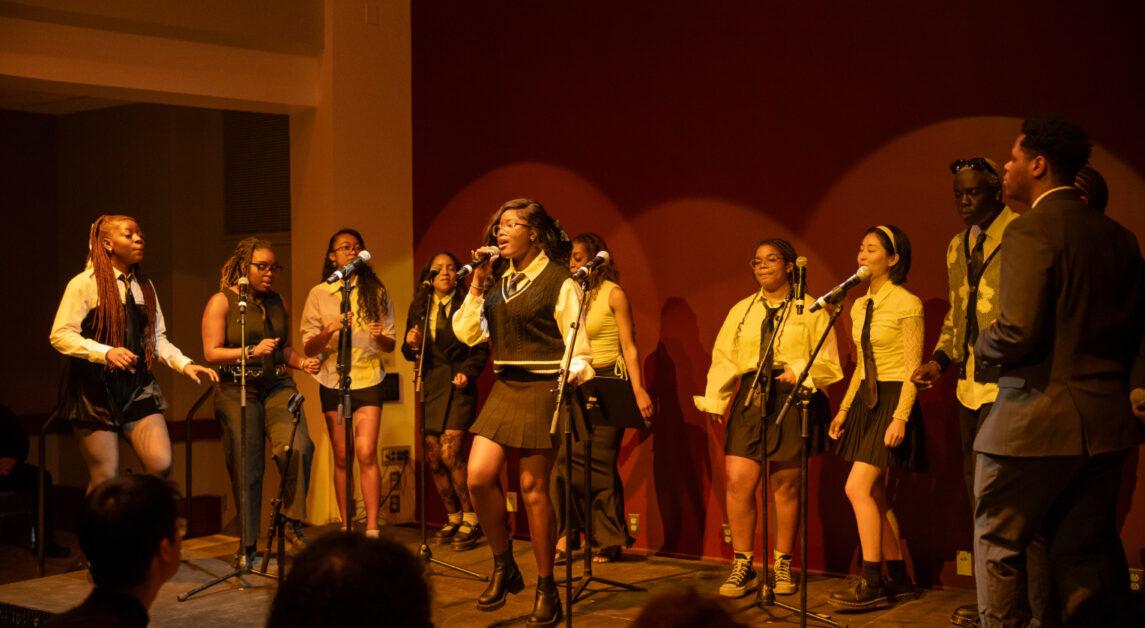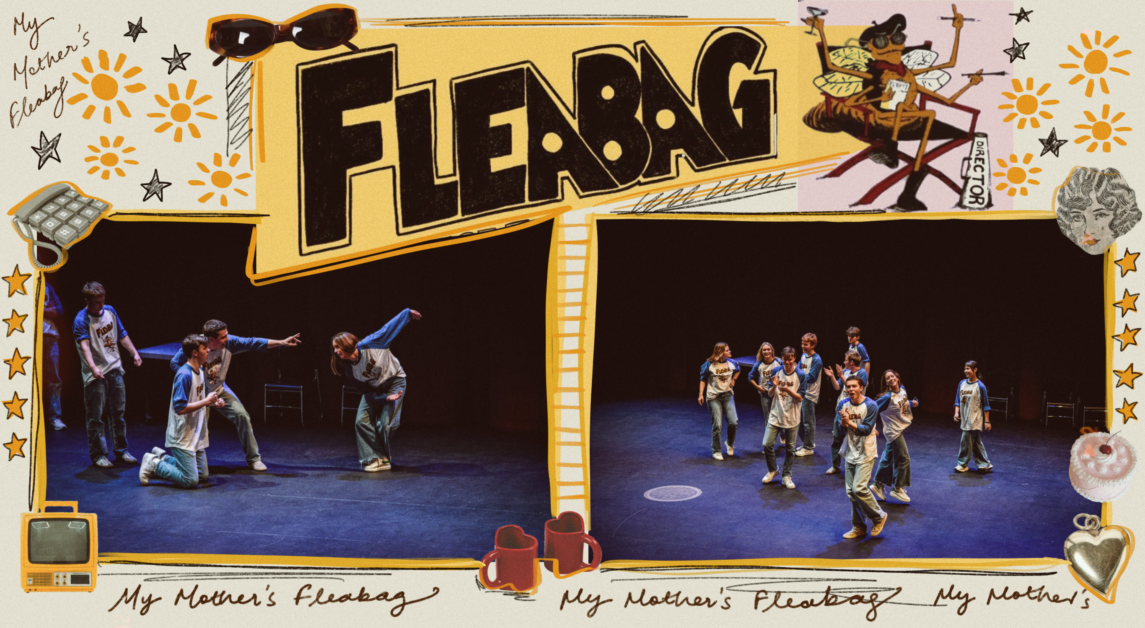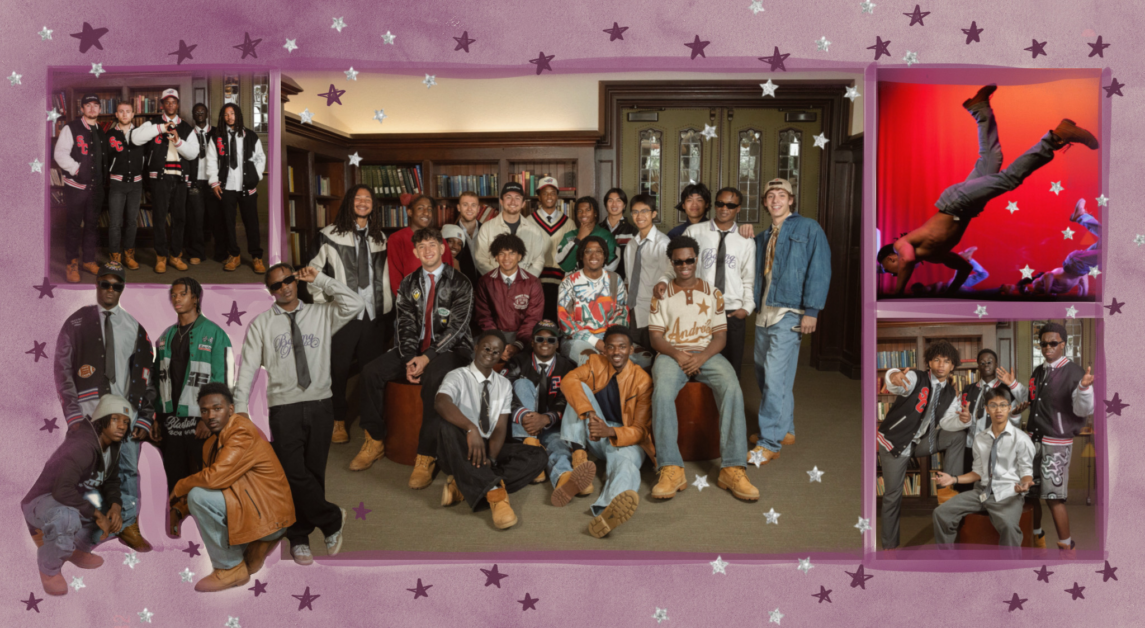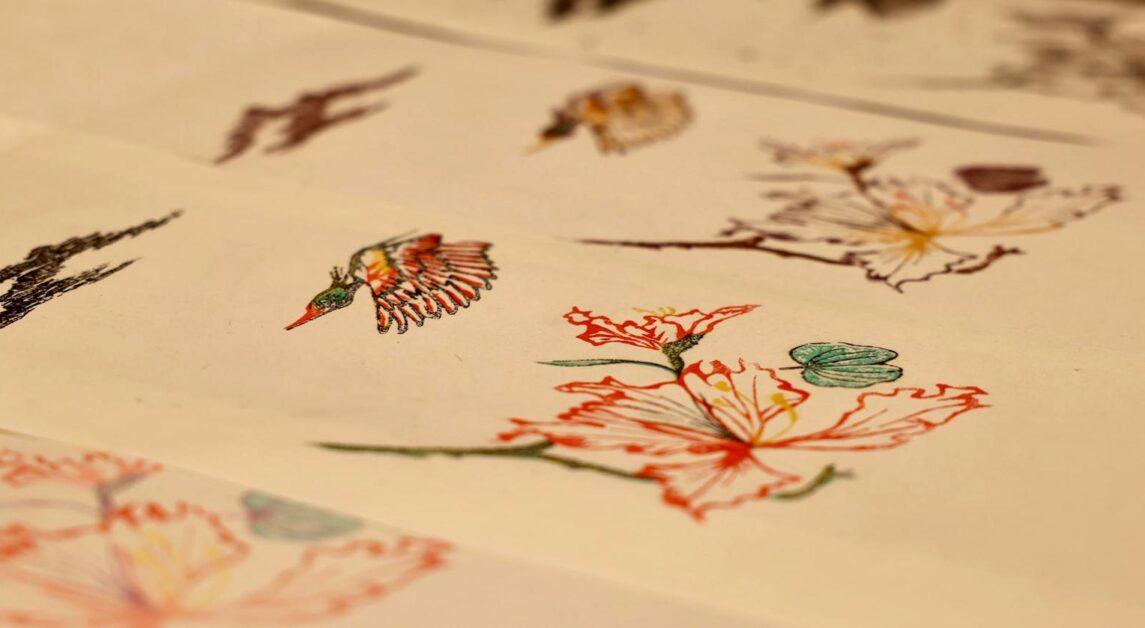In a way, everything a person needs to know about The Stylus, Boston College’s oldest literary magazine, can be gleaned from its endearing office aesthetic.
The intimate space accommodates little more than two computers, a couple of large couches, and a printer. Hundreds of old magazine issues crowd the office’s shelves, and a number of art submissions—spanning a few semesters, years, and even decades past—have received the high honor of being tacked hastily onto the walls at one time or another since the magazine’s inception. On one wall, hundreds of colorful sticky notes accidentally create a kind of contemporary paper mosaic. Upon closer examination, however, the carefully placed Post-Its exist only to indicate the layout plan and art piece placements for the semester’s upcoming issue.
It’s cluttered in a purposeful and artistic kind of way, as if the room itself is too consumed with its own creative content to care about keeping itself in a bland state of pristine order. The atmosphere is homey and familiar, the office a well-loved— and certainly lived-in— space that boasts a certain brand of organized chaos. Located at the furthermost point of the hallway, in the lowermost level of McElroy, the office—hardly able to contain the overwhelming quantity of student art submissions—is messiness at its most artistic.
“I dug up these old posters from 1980, so there are these great advertising images hanging up around the room,” said Emily Murphy, a Stylus editor and MCAS ’17, of her contribution to the room’s busy decor. After nodding in agreement, Allie Ward, The Stylus editor-in-chief and MCAS ’18, changes her expression ever-so-slightly to sport an almost imperceptible grimace as she recalls the current state of the office.
“It’s a little bit cluttered,” Ward said hesitantly, stressing the word “little” in a way that suggests her chosen adjective may be a slight understatement.
[aesop_gallery id=”124398″]
Then again, in a room where hundreds of submissions expressing the boundless artistic abilities of the entire student body are filtered by way of in-depth discussion in order to adorn the pages of a biannual publication, how could it avoid this delightful state of disarray?
As BC’s oldest literary magazine, The Stylus is a predominantly student-run magazine that has been celebrating student art submissions since 1882. Accepting a large spectrum of different art forms and writing styles, the submitted pieces include everything from original poetry, prose, and short stories to paintings, photographs, and free-hand sketches.
Publishing two issues per academic year, The Stylus must sift through an overwhelmingly large set of diverse student submissions each semester. Weekly general meetings, which are always open to new staff members and are by no means limited to the 10-person editorial board, last for two hours and feature an anonymous session of constructive criticism. After attending three meetings, any staff member is allowed to vote on the written word or visual art pieces to be included in the next issue. As a result, The Stylus attracts art aficionados of all majors, graduation years, and artistic prowess.
The magazine is often described by its members as a welcome break from the everyday stresses of BC’s rigorous academic programs. Neither Ward nor Murphy boasted an extensive breadth of knowledge about literary arts before regularly attending the meetings and eventually rising the ranks of the e-board. Their individual academic pursuits—a biochemistry major paired with a studio art minor for Ward, and political science and Islamic civilizations majors for Murphy—have instilled in them an appreciation for their involvement in The Stylus, which offers a much-needed break for them to explore their own unadulterated artistic expressions. While Ward has submitted a number of her own drawings to Stylus for deliberation over the years, Murphy prefers to write poetry.
“The Stylus focuses on the literary arts, which is so very different from any of my other work because I am a biochemistry major,” Ward said. “[Being the EIC] involves a lot of responsibility, but it’s kind of nice to have something else going on that isn’t very scientific. It’s a different outlet.”
Murphy, who assumed the title of The Stylus editor-in-chief last year, agreed with Ward’s sentiments as she explained the layout process. “As the EIC, the role becomes challenging when it comes to incorporating the work into your academic life,” she said. “Especially at the end of the semester—and we have this process coming up in a few weeks time—we have what we call ‘marathon meeting’ and a layout meeting.” Exchanging a knowing glance with Ward, Murphy continued, “Both of which last between six and eight consecutive hours each.”
An integral aspect of the thriving arts scene at BC, The Stylus incorporates all creative styles into every issue, sandwiching as much creative talent as possible between the front and back of an artfully designed cover. The magazine has made a name for itself thanks to its integration of a diverse set of artistic styles as well as a prevalent policy of inclusion. At a university that boasts hundreds of student organizations, clubs, and specialized publications, Stylus stands out thanks to one salient characteristic—its meetings are open to anyone.
Regardless of prior experience criticising art, The Stylus welcomes anyone interested in engaging in lively discussions about a wide breadth of artistic media and personal styles.
“I know that many of the other publications on campus are specialized,” Ward said. “For example, Laughing Medusa is [composed entirely of] women. Since The Stylus is oldest and largest, we do accept any theme, any topic, and any prospective member. It’s really an all-encompassing magazine, which is nice.”
Always looking to augment the impact of The Stylus in the BC community, the e-board hopes to expand its online presence and continue to collaborate with other campus groups at various events throughout the year. When discussing upcoming events in the works, Ward excitedly discussed a poetry reading to take place at Fuel, a local coffee hotspot in Brighton.
In addition to The Stylus’s function as a refuge from the stressful realm of academia, the well-established magazine is also a unique kind of emotional archive—a publication that contains no straight news stories from years past, but rather artistic interpretations and personal reactions to those major historic events and social issues that have had profound effects on the student body since the magazine’s early years.
“I think The Stylus has weathered a lot of transitions in BC’s history—for example, we still have copies of the magazine from when the entire student body was all-male,” Murphy said. “Just the fact that it has existed for so long is a connection from the present day to all of BC’s history. I’d also say art in general—whether poetry or visual art—is a great way for the student body to kind of address contemporary problems in the world.”
Murphy highlighted how The Stylus has received a lot of submissions surrounding many social issues of extreme relevance today. A lot of these submissions revolve around racial tensions, issues with the environment, and the political landscape in America. The group’s meetings provide the e-board with a welcoming platform to discuss these types of issues.
While The Stylus may publish scathing societal critiques or personal reactions to contemporary topics, the magazine also features a number of incredible pieces totally unrelated to hot-button issues. One of Murphy’s favorite submissions was from a student artist who used coffee as a medium, depicting coffee-related scenes. Another was a dazzling collection of photographs that captured subjects underwater and contorted in intricate dance poses.
Just as it has since the early years at BC, The Stylus continues to showcase intriguing art sourced from within the BC campus itself. While the magazine has evolved since its conception to become more inclusive and open to different forms of artistic expression, The Stylus remains BC’s primary source for a deliciously diverse display of uninhibited artistic talent. Though layout aesthetics may be altered and the magazine, the dedication to art is palpable in the small confines of its humble basement office. In that respect—as far as appreciation for the arts is concerned—little about the publication has changed.
“We recently got a letter from an editor-in-chief from years and years ago asking if we’re still cooped up in Mac basement,” Ward said with a laugh. “I was like, yes we are. 50 years later, we’re still here.”
Featured Image by Amelie Trieu / Heights Editor

